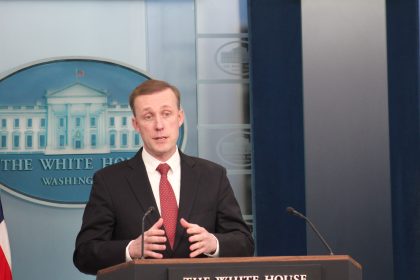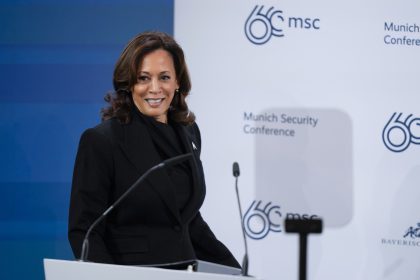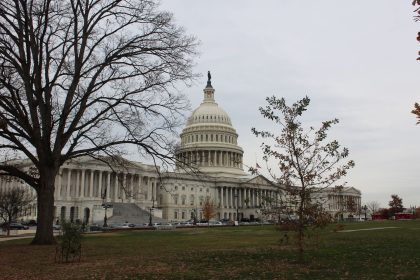Reps. Murphy, Katko Feature Lt. Gen McMaster in Latest National Security Expert Briefing

WASHINGTON — In the fourth session of their ongoing virtual national security briefing series entitled “National Security in the Shadow of COVID-19,” Reps. Stephanie Murphy, D-Fla., and John Katko, R-N.Y., hosted retired Lt. Gen. H.R. McMaster to discuss how the national security environment has evolved due to the novel coronavirus pandemic.
McMaster, a retired United States Army lieutenant general, served as President Donald Trump’s national security advisor from Feb. 2017 to April 2018. After his retirement from the Army in June 2018, McMaster became a lecturer in management at the Stanford University Graduate School of Business.
In his remarks during the event, McMaster outlined the fundamental misunderstandings regarding the U.S.’s ongoing “competition” with China and how it should be addressed by the incoming Biden administration. In regard to U.S.-China diplomatic policy, McMaster said President-elect Joe Biden’s policy on China should seek strong “continuity” by holding Beijing accountable for any discrepancies between its rhetoric and actions.
Between China’s large-scale cyberattacks on medical research facilities, a campaign of economic aggression against Australia, increased militancy in the South China Sea and escalating threats towards Taiwan, McMaster said Beijing’s growing hostility has widespread ramifications.
“And so, when our friends say, ‘Don’t force us to choose,’ we’re saying, ‘We’re not forcing you to choose between the United States and China,’” McMaster said, “your choice is fundamentally between sovereignty and servitude.”
Russia, on the other hand, presents a different kind of threat to national security because they lack the same economic might as the U.S. or China, he said. Instead, Russia imposed a political subversion campaign of “disruption, disinformation and denial” designed to bring the legitimacy of U.S. democratic elections into question.
Trump administration officials acknowledged Dec. 14 that parts of the Pentagon, the Department of the Treasury, the Department of Commerce, the State Department and the Department of Homeland Security had been compromised by a sophisticated cyberattack, according to The New York Times. The hack is thought by intelligence officials to have been orchestrated by one of Russia’s intelligence agencies and its full scope is not yet known.
“Russia can’t compete with us on our own terms, they don’t have the economic strength to do it,” McMaster said. “So, what Russia wants to do is drag everybody else down so Vladimir Putin is the last man standing in Europe.”
Similarly, Russia has made attempts to capitalize on destabilizing forces in Europe brought on by the refugee crisis stemming from the Syrian civil war, the Iraqi conflict and the war in Afghanistan. These issues, McMaster said, along with tensions created in the Middle East by Russian proxies, are only exacerbated by the COVID-19 pandemic.
For progress to ensue, the Biden administration’s foreign policy actions should reverse course on some of the Obama-era Middle East initiatives, he said. For example, the Iran nuclear deal — also known as the Joint Comprehensive Plan of Action — can be viewed as a “political disaster masquerading as a diplomatic triumph.”
In its conception, the deal severed economic sanctions against Iran in exchange for compliance with verifiable nuclear oversight from the International Atomic Energy Agency, according to the Arms Control Association. However, McMaster said this exchange merely granted the Iranian regime resources to intensify their proxy wars against the U.S., Israel and the Arab monarchies and to broadly extend its influence across the region.
“I think continuity with Iran — that’s going to be a stretch for the Biden administration, but these are smart people,” McMaster said. “I hope they will reassess what occurred since they left and the importance, I think, of keeping the pressure on Iran.”























